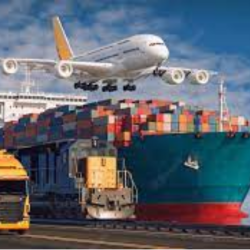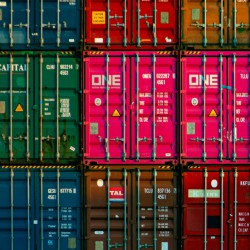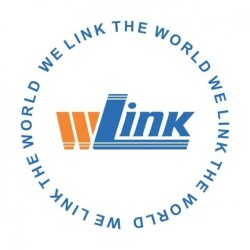Global Freight Monitor: Hoping for cargo demand recovery in the second half of the year
The freight rate hike since the end of April seems to be short-lived as demand has not yet increased significantly, however, consumption has recovered, suggesting hope for the expected recovery in cargo storage demand in the second half of this year, according to Global Freight Monitor.
.jpg)
The Shanghai Container Freight Index (SCFI) was stable and fell 0.1% year-on-year, while the China Container Freight Index (CCFI) increased 0.3% and the World Container Index (WCI) increased by 1%.
The rate hike since the end of April seems to be short-lived as demand has not yet increased significantly. However, consumption has recovered, suggesting hope for the possibility of a recovery in commodity inventory demand in the second half of the year.
Trans-Pacific carriers have announced a General Rate Increase (GRI) effective May 15 and June 1, 2023, but may not be successful due to the current situation of excess capacity is still present. Although contract rates can still be extended at the above rate, Global Freight Monitor emphasized that aggressive cost control through reducing ship speeds and optimizing the network will be important to maintain profits.
On May 4, charter rates for Panamax vessels, which normally carry coal or grain, fell 21% over the past month, possibly affected by a slowdown in grain shipments out of Ukraine due to concerns the vessels were damaged and stuck if the grain deal in the Black Sea is not re-signed next week.
On the other hand, Capesize charter rates increased by 25% month-on-month, possibly supported by iron ore exports from Brazil and Australia despite China's official manufacturing PMI unexpectedly dropping to 49.2 in April from 51.9 in March, falling below the 50 mark.
Reuters estimates China imported 10.67 million barrels per day (mbpd) of crude in April, down from a 34-month high of 12.37 mbpd of crude in March, possibly due to April and May 5 being the peak season for refinery maintenance.
While the Russia-Ukraine war, OPEC+ production cuts, soaring inflation, falling refinery margins, and high-interest rates could dampen near-term expectations, Global Freight Monitor thinks demand for Oil remains strong in the near term due to strong import demand from China, bouncing well for VLCC's earnings.
Decade-low new orders, tightening environmental regulations, and lengthening shipping routes all pave the way for a sustained rise in tanker freight rates despite increased volatility.
The Baltic Air Freight Index fell 36% year-on-year and fell 13% in the second quarter of 2023 from the previous quarter. Global Freight Monitor also sees a trend towards normalizing air freight rates, due to the continuous return of passenger capacity after China reopens and the mode of transition back to sea freight after when normalizing freight rates.
Source: Phaata.com (According to HSBC, ContainerNews)
Phaata - Vietnam's First Global Logistics Marketplace
► Find Better Freight Rates & Logistics Services













.png)









.jpg)


